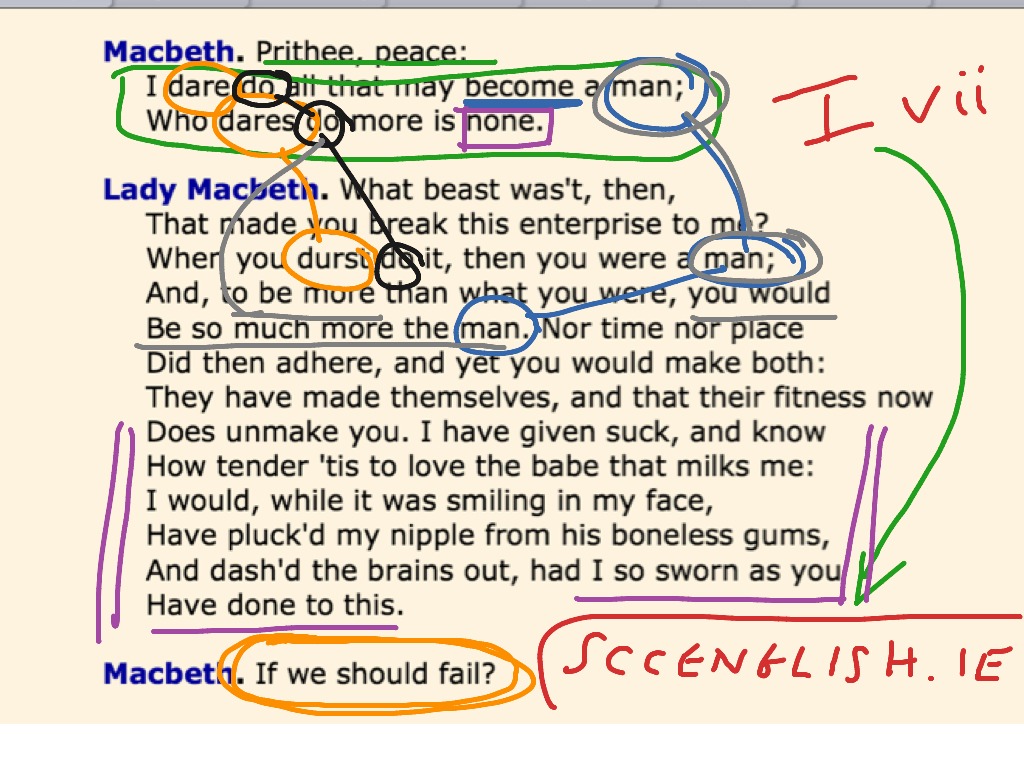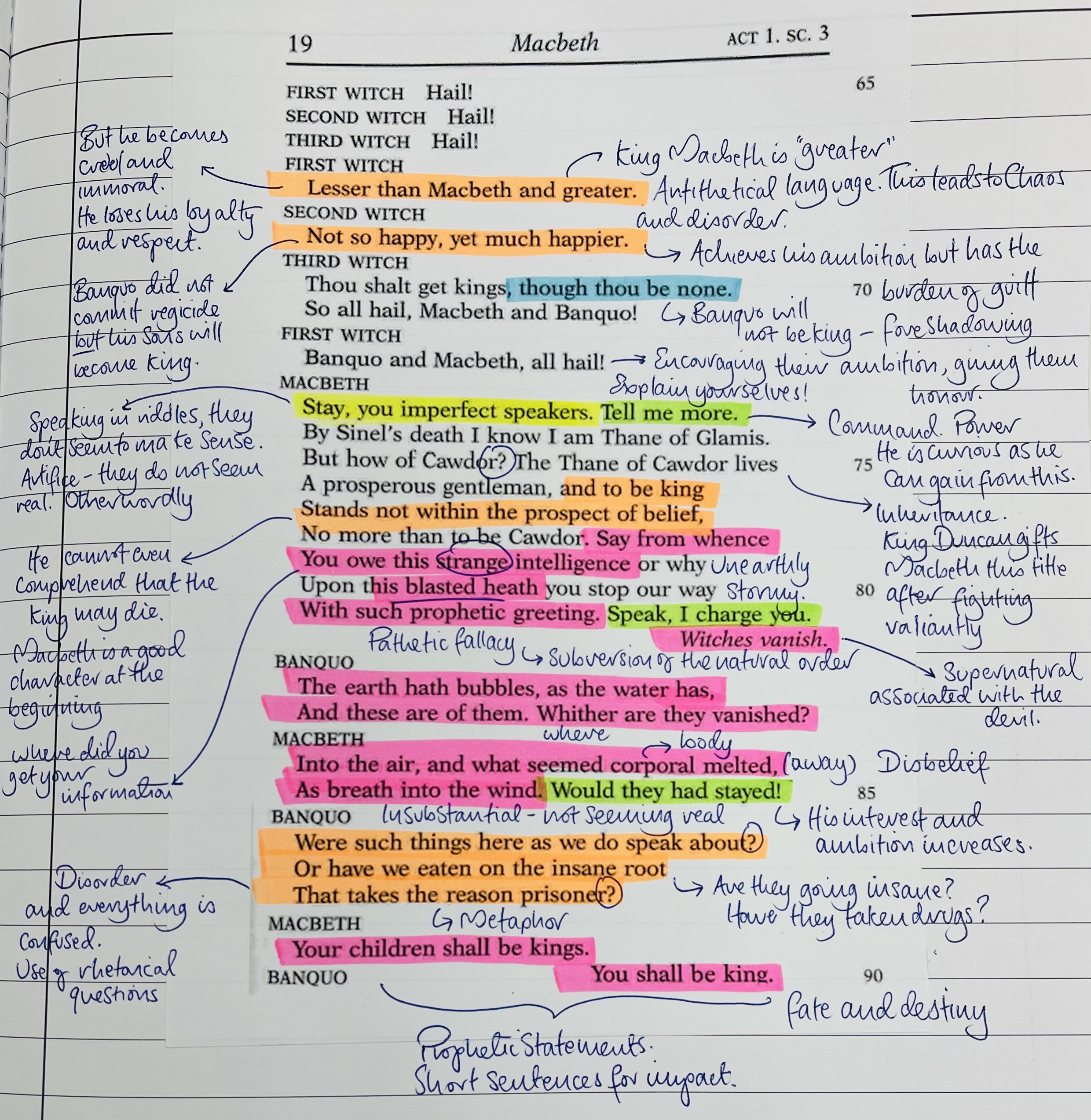


Ross, oblivious to Banquo's fate, reassures Macbeth that he is merely being rude. The above exchange is especially ironic because Macbeth, who ordered Banquo's murder, falsely expresses his hope that no tragic accident has befallen him. In this passage, Macbeth tries to suggest that he flew into a "violent" passion that overtook his ability to see "reason." So although the other thanes believe him when he claims to have murdered the guards out of a sense of rage and loyalty, the audience knows that he did it to conceal evidence of his own crime-creating yet another instance of dramatic irony. Macbeth: Who can be wise, amazed, temp’rate, and furious, Macbeth: O, yet I do repent me of my fury, In the same scene, Macbeth and Lady Macbeth plan how they will pretend to react to news of Duncan's death with grief and horror:Īs a result, in Act 2, Scene 3, the audience sees through Lady Macbeth's swooning and Macbeth's explanation for killing Duncan's guards: Lady Macbeth: Who dares receive it other,Īs we shall make our griefs and clamor roar In Act 1, Scene 7, she even questioned her husband's manhood when he proved reluctant to carry out the crime: This concern is highly ironic, since Lady Macbeth was the one who planned and assisted with the killing of Duncan. ’Tis not for you to hear what I can speak. When Lady Macbeth arrives on the scene, Macduff initially refuses to tell her what has happened, fearing that the news will devastate her feminine sensibilities: The Lord’s anointed temple and stole thence Macduff: Confusion now hath made his masterpiece. Macbeth and Lennox: What's the matter? Cite this Quote
#Act 1 scene 1 macbeth annotations mac
She is the antithesis of the ideal wife, just like Macbeth is the antithesis of the ideal soldierĪct 4.3: MAL says “dispute it like a man” and MAC says “I must also feel it as a man” Macduff shows that manhood compromises more than aggression and murder, as it has emotion/need to feel grief.The audience knows that Macbeth is responsible for the murder, but when Macduff announces that Duncan is dead, Macbeth feigns surprise: Reinforces the idea that murder is tied to manhood – which is also the basis for her manipulation of Macbeth, as every time he wants out of the plan, she questions his manhood and emasculates him Desperate plea for power and spirituality.3x come = triple invocation = direct address to the supernatural, spirits,.“Come, you spirits, Come to my breasts, come thick night” Give me poison ⇔ she wants guilt and evil over innocence and purity.Context: visitings of nature ⇒ menstrual cycle and her premenstrual syndrome, overwhelming her with feelings ⇒ she does not want to be a woman anymore.Gender should not be a barrier to her success.Wants to be more than what her gender achieves.Whereas Macbeth is still presented as somewhat heroic.Female = witchlike = link to supernatural = makes her evil, an easy way to be a villain.“Metaphysical aid doth seem to have thee crowned withal”

She can be so confident in talking about murder Lady Macbeth’s appeal to spirits and supernatural “Hie thee hither” – instructive nature, hurry over quickly – imperative statement ⇒ the audience is exposed to LM’s extent of control over M.The very fact that they are equal – shows his reliance on her and acceptance of her dominating personality.“Burned in the desire” – fiery intensity, metaphor.“Perfectest report” – superlative, stresses how the info is accurate.Tongue = her influence, a women’s strongest weapon.Witchlike and manipulative – the audience would not be sympathetic to lady Macbeth.Symbolic of her brainwashing ⇒ she is poison.Poison someone without evidence, the same as Hamlet.“Hie thee hither…Pour my spirits in thine ear”

Lady Macbeth’s ambition and terror ⇒ Queen – impatience


 0 kommentar(er)
0 kommentar(er)
